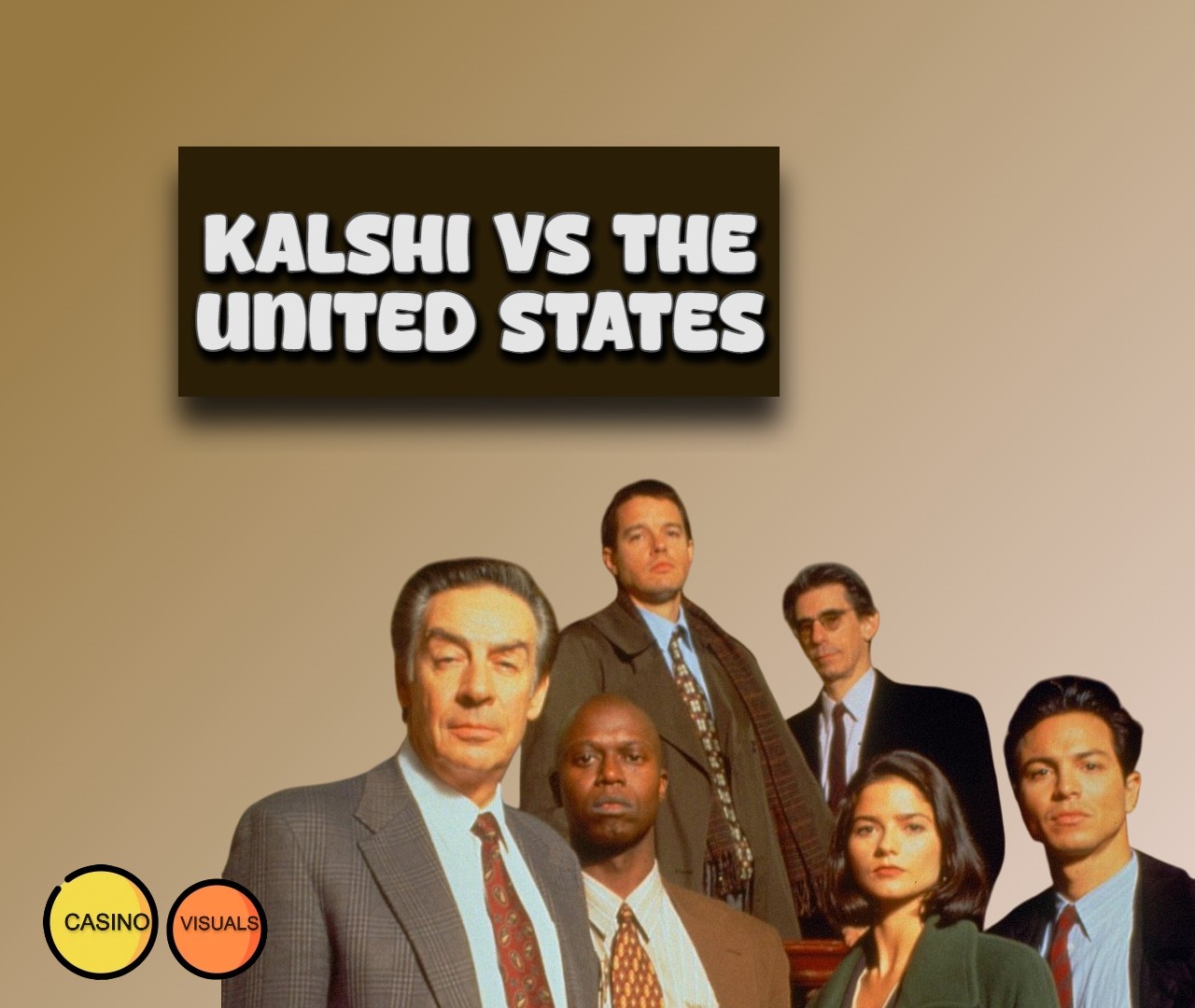
It’s a lovely spring afternoon in London, the sun dipping low, and Rick Arpin, KPMG’s US Gaming Leader, is juggling time zones to say “good afternoon” to some and “good morning” to others. He’s kicking off the latest episode of KPMG’s Gaming Webcast Series, diving into the hot topic of prediction markets and exchange betting. And boy, is the timing spot-on; or should we say, a little too perfect?
Across the pond, prediction market platform Kalshi is in the hot seat. States like New Jersey, Nevada, and now Ohio have slapped cease-and-desist letters on the company, telling it to knock off its unapproved betting antics. Kalshi’s CEO, Tarek Mansour, didn’t waste a second; he hopped on X (you know, the app formerly known as Twitter) to announce they’re gearing up to sue Nevada and New Jersey.
A History Lesson with a Twist
To understand this mess, let’s rewind the clock; way back to 1848, when the Chicago Board of Trade (CBOT) popped up as a marketplace for farmers to trade crops. By 1865, they were dealing in futures contracts, which the Supreme Court in Chicago later blessed as legit financial tools in 1905, officially separating them from your average poker game. Fast forward to 1936, the Commodity Exchange Act (CEA) enters the scene, and in 1974, the Commodity Futures Trading Commission (CFTC) is born to keep things in check.
Then came the 2010 Dodd-Frank Act, a beefy update to the CEA that gave the CFTC more muscle to oversee swaps and futures, all in the name of transparency and protecting folks from financial chaos. So, by the 2020s, the U.S. has been tweaking these laws for over 150 years; talk about a long game.
Election Betting: Legal or a Roll of the Dice?
So, where does Kalshi fit into this? Prediction markets, at their core, are simple: you buy a “yes” or “no” contract on whether something; like an election result; will happen. If you’re right, cha-ching. The CEA says these markets are legal, but there’s a catch. The law has six red flags that can trigger a CFTC review, and three of them apply to election betting: if it’s illegal under state or federal law, if it’s “gaming,” or if it’s against the public interest.
The CFTC took one look at Kalshi’s election markets and cried foul, arguing they’re basically gambling and could mess with election integrity; think foreign meddling or shady manipulation.
Kalshi fired back, saying they’re regulated, legit, and even help the economy by letting people hedge bets. A U.S. District Court in D.C. sided with Kalshi, though the judge admitted the CFTC’s worries weren’t totally crazy. Close call.
Sports Betting: Same Rules, Bigger Headaches
Now, let’s switch fields to sports betting prediction markets, which KPMG’s experts; like Tax Partner Robert Stoddard and Advisory MD Duncan Hennes; say follow the same playbook. They’re not automatically banned federally, even if they smell like gambling, unless they also clash with the public good. Easy, right? Not quite.
Here’s where it gets murky. Some states, like Texas and California, still outlaw gambling entirely.
Yet, Kalshi’s sports markets are open to anyone there over 18; despite many states setting the gambling age at 21. Oops.
Take California’s sports betting saga, for example: voters shot down legalizing it in 2022, but Kalshi’s platform is still accessible there. That’s a legal gray area the size of the Grand Canyon.
Kalshi could argue these are “financial products,” not gambling, dodging state betting taxes and regulations like the Wire Act. Sneaky, huh? But they’d still have to wrestle with anti-money laundering (AML) rules and the Indian Gaming Regulatory Act, which gives tribes exclusive betting rights in some states. Imagine tribal casinos in Nevada watching Kalshi swoop in; bet they’re not thrilled!
Real-World Chaos: Polymarket and Beyond
Kalshi isn’t alone in this wild west of prediction markets. Take Polymarket, another platform that’s made waves; especially during the 2024 U.S. election, where it racked up millions in bets on Trump vs. Harris. It’s based offshore to skirt U.S. rules, but Americans still sneak in using VPNs. The CFTC’s been sniffing around them too, fining them $1.4 million in 2022 for unregulated trading. Sound familiar?
Meanwhile, in the UK, platforms like Betfair’s exchange have thrived under clearer rules, showing prediction markets can work without turning into a legal circus. Maybe the U.S. could take a page from that book?
What’s Next? A Game of Trust
Alex Costello from the American Gaming Association isn’t mincing words: she’s betting the CFTC will label these markets as gaming, and that could spell trouble. This whole saga feels like a high-stakes cat-and-mouse chase, with Kalshi dodging potholes and the CFTC swinging its regulatory hammer.
Will Kalshi keep outsmarting the system, or will states and the CFTC clamp down? One thing’s for sure: neither side’s backing off without a fight.
So, stay tuned; this rollercoaster’s got more twists than a season of Law & Order. And honestly, who’d bet against that?